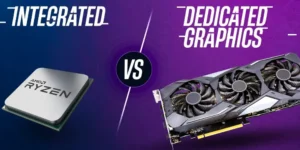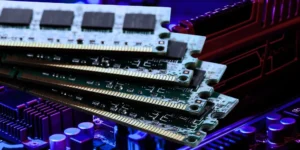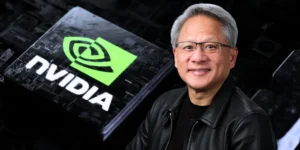Key Points
- IBM and GlobalFoundries settled all legal disputes, ending years of litigation.
- The conflict originated from a 2015 deal in which IBM sold its semiconductor unit to GlobalFoundries.
- IBM sued in 2021 over unmet obligations to deliver advanced chip technologies.
- GlobalFoundries countersued in 2023, accusing IBM of disclosing shared IP to competitors.
IBM and GlobalFoundries have reached a settlement to resolve all ongoing legal disputes, including lawsuits over contract violations, trade secrets, and intellectual property. This confidential agreement marks the end of a conflict stemming from a 2015 deal in which IBM sold its semiconductor manufacturing business to GlobalFoundries for $1.5 billion. Under the original agreement, GlobalFoundries was to continue developing advanced process technologies for IBM’s processors, which are critical for mainframes and other applications.
The dispute escalated in 2018 when GlobalFoundries ceased developing advanced production nodes, citing insufficient high-profile clients to justify the immense costs. Lacking 7nm-class process technology, it could not fulfill IBM’s processor requirements, prompting IBM to sue in 2021 for damages related to the impact on its mainframe business.
In 2023, GlobalFoundries countered with a lawsuit accusing IBM of improperly sharing sensitive intellectual property with third parties, including Intel and Rapidus. The company argued that IBM had no right to disclose technology developed jointly after selling its microelectronics unit, claiming the actions led to potential licensing profits for IBM at its expense.
This week’s settlement ends these disputes, with both companies signaling a renewed focus on collaboration. While the terms of the agreement remain undisclosed, leaders from both firms expressed optimism about future partnerships. GlobalFoundries CEO Dr. Thomas Caulfield highlighted the strengthened relationship and potential to bolster the semiconductor industry. Similarly, IBM CEO Arvind Krishna emphasized moving past the conflict to focus on innovation.













